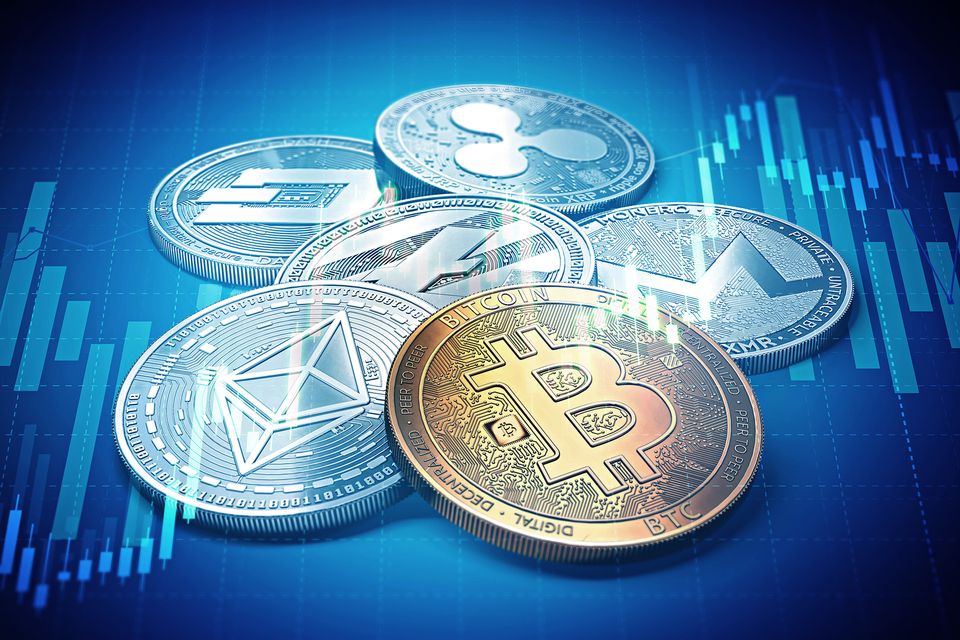Singapore, Singapore, May 3rd, 2023, Chainwire
zkLink, a multi-chain trading middleware utilizing zero-knowledge proofs, announces the first “Dunkirk Test”, a new DeFi safety standard, on May 11-13. During this event, zkLink will shut down its servers for 72 hours, inviting users to try the emergency asset recovery feature, and earn rewards for taking part in the test.
“The Dunkirk Test is like a fire drill for crypto users. We will simulate a sudden shutdown of the zkLink infrastructure, so that users can learn how to recover their assets,” said Vince Yang, co-founder of zkLink. “We believe the ‘Dunkirk Test’ could set a new benchmark for safety in the crypto industry. It is unacceptable that billions of dollars are lost each year due to custody fraud or cross-chain bridge exploits, so we encourage other DeFi protocols to conduct the same test to prove self-custody of user’s funds.”
The Dunkirk shutdown period begins on May 11 at 12pm Singapore time, during which users can go to a recovery node and withdraw their assets back to their wallets.
One of zkLink’s ecosystem dApps, ZKEX.com, will also take part in the shutdown test.
To participate in the Dunkirk event, users should first join the campaign on Galxe.com, then trade on the ZKEX.com testnet using free test tokens until May 10, the day before the shutdown.
“The ZKEX team is building what we hope is the safest omni-chain DEX in the industry. So to prove it, we’re joining zkLink in shutting down access to our trading platform to demonstrate users won’t experience another CeFi-like loss with us,” said Balal Khan, co-founder of ZKEX. “Think of this as a fake rug pull with a happy ending, giving peace of mind that crypto traders have ownership and control of their assets at all times, even if zkLink is down, or ZKEX.com disappears.”
In addition to fourteen partners hosting recovery nodes, zkLink’s open-source asset recovery app has been released on Github, enabling anyone to download and run a private recovery node for fund withdrawal.
The mainnet launch of zkLink is planned for summer 2023, soon after the Dunkirk test.
For more information about the Dunkirk asset recovery test, visit zk.link/dunkirk
About zkLink
zkLink is a multi-chain trading infrastructure secured with zk-SNARKS, empowering the next generation of decentralized trading products such as order book DEX, NFT marketplaces, among others.
By connecting various L1 blockchains and L2 networks, zkLink’s unified, multi-purpose ZK-Rollup middleware enables developers and traders to leverage aggregated assets and liquidity from different chains and offer a seamless multi-chain trading experience, contributing to a more accessible and efficient DeFi ecosystem for all.
About the ‘Dunkirk Test’
Inspired by the historic evacuation from the beaches of Dunkirk, the zkLink Dunkirk Test serves two critical purposes: boosting user confidence in zkLink system security and promoting the adoption of the Dunkirk Test as an industry standard for absolute fund security.
In this first test, the zkLink protocol will shut down for three days, allowing users to recover their assets from either a hosted or self-hosted recovery node. Asset balances will be rebuilt from all connected blockchains, and withdrawn back to users’ wallets, giving peace of mind that user funds are truly self-custodial.
A number of partners have committed to run recovery nodes for users during the Dunkirk shutdown period, namely Alliance DAO, Ascensive Assets, BitEye, Bware Labs, CyberConnect, Kepler-428 DAO, Meria, Morningstar Ventures, Republic Crypto, Secure3, Smrti Labs, TokenInsight, Unipass, and Verilog.
To stay updated and learn more about zkLink, follow zkLink on:
Website | Twitter | Discord | Logo
Contact
zkLink Marketing Team
zklinkteam@zklink.org
The post zkLink Announces First “Dunkirk Test” to Establish New DeFi Safety Standard appeared first on CoinJournal.




